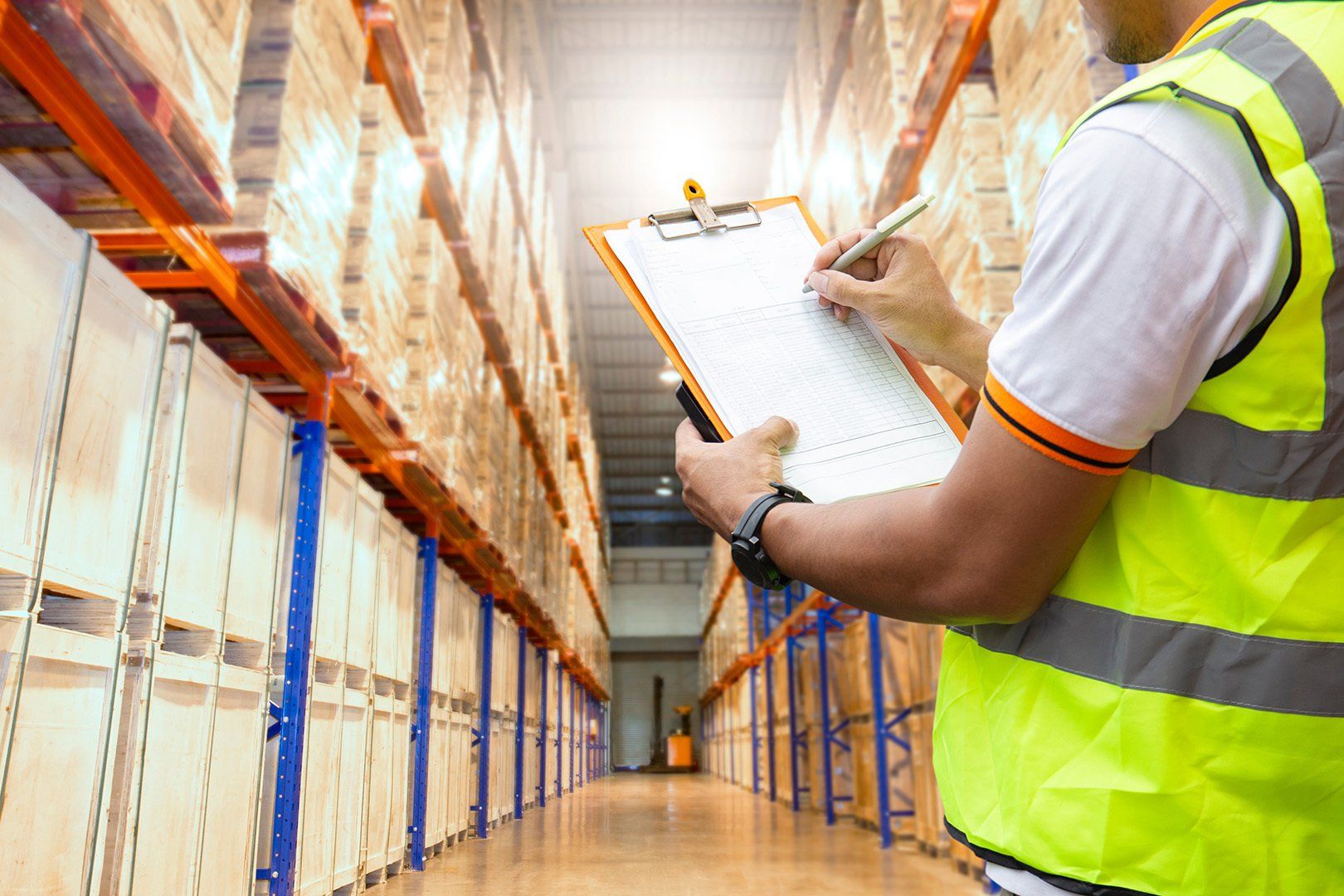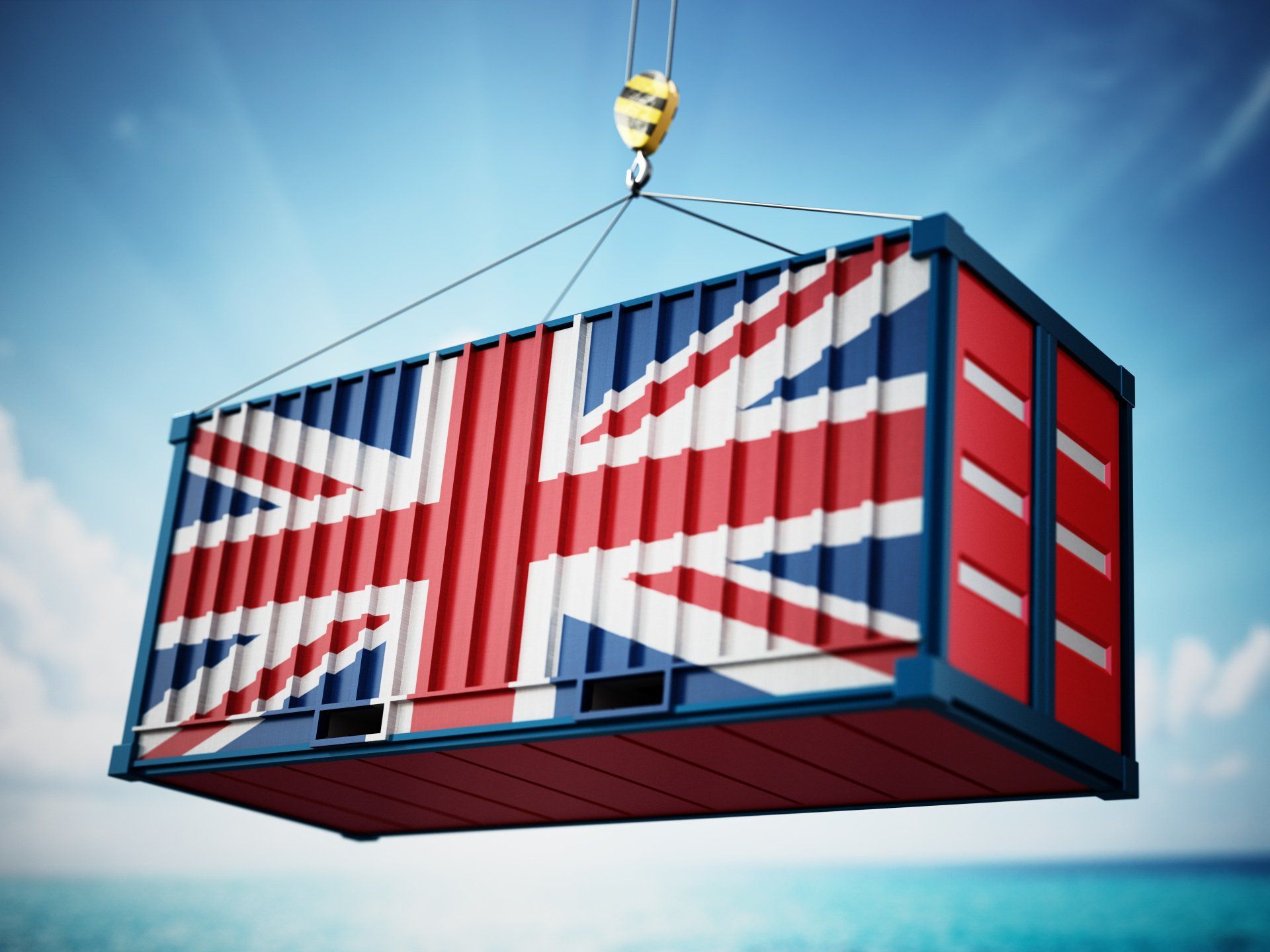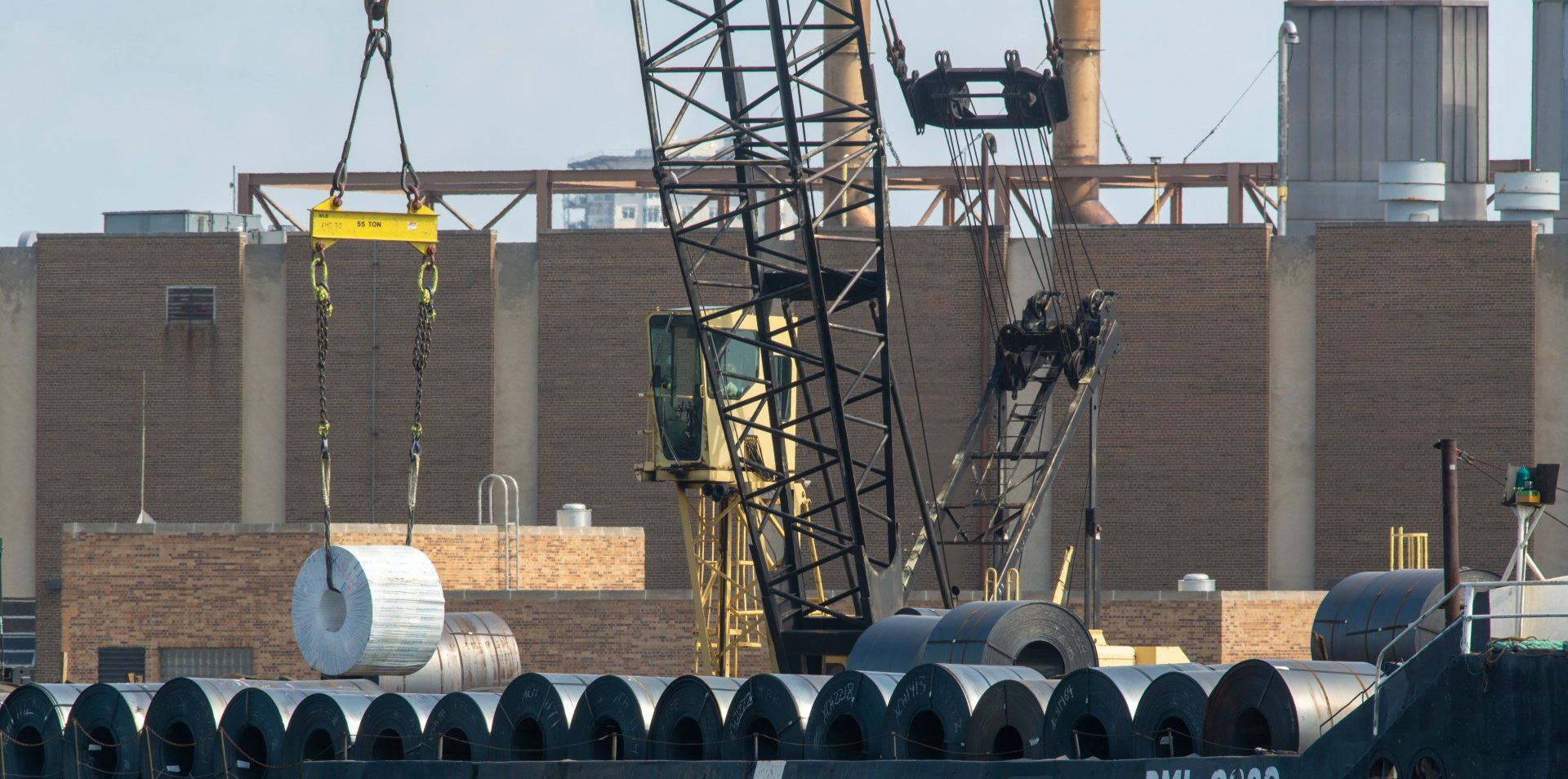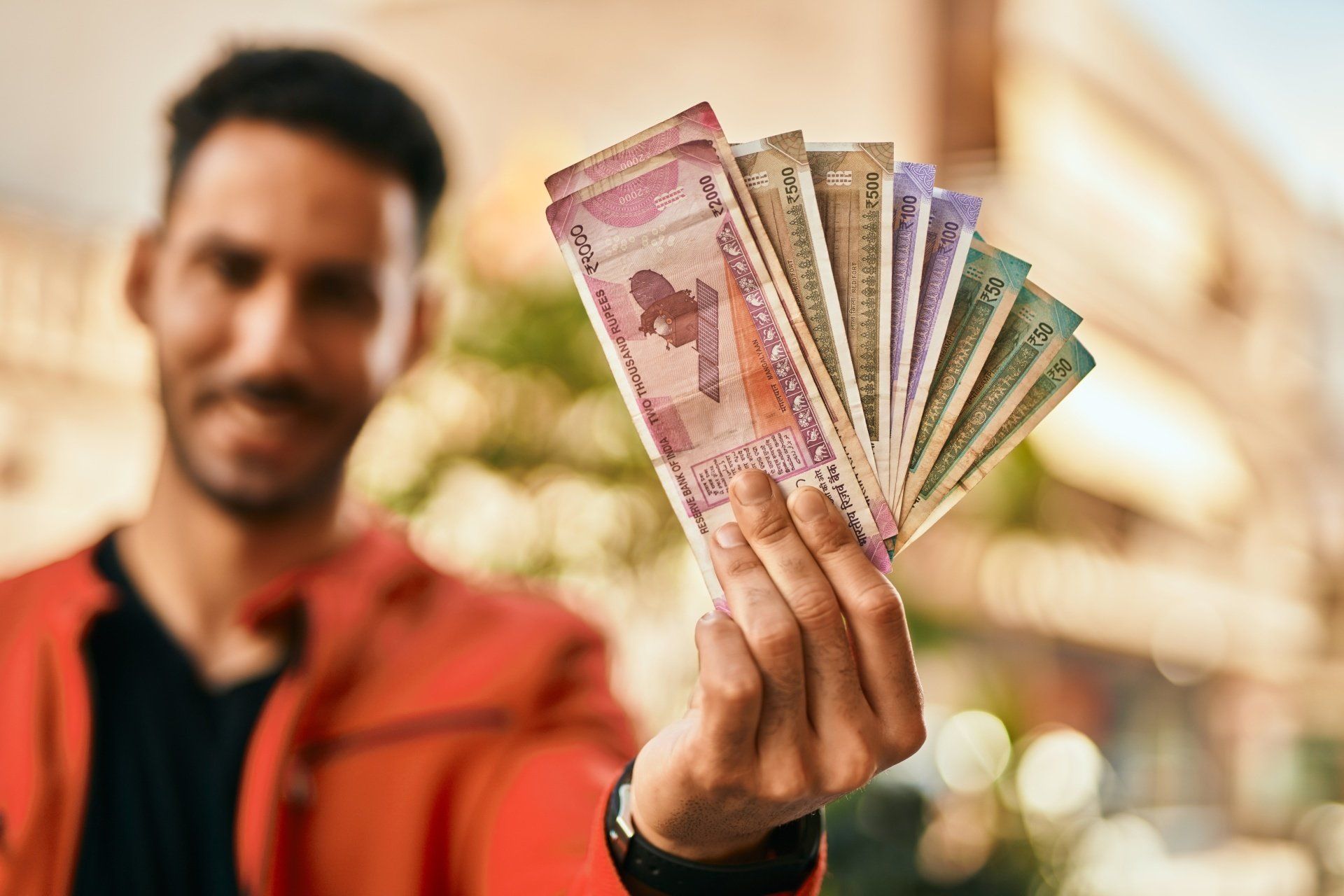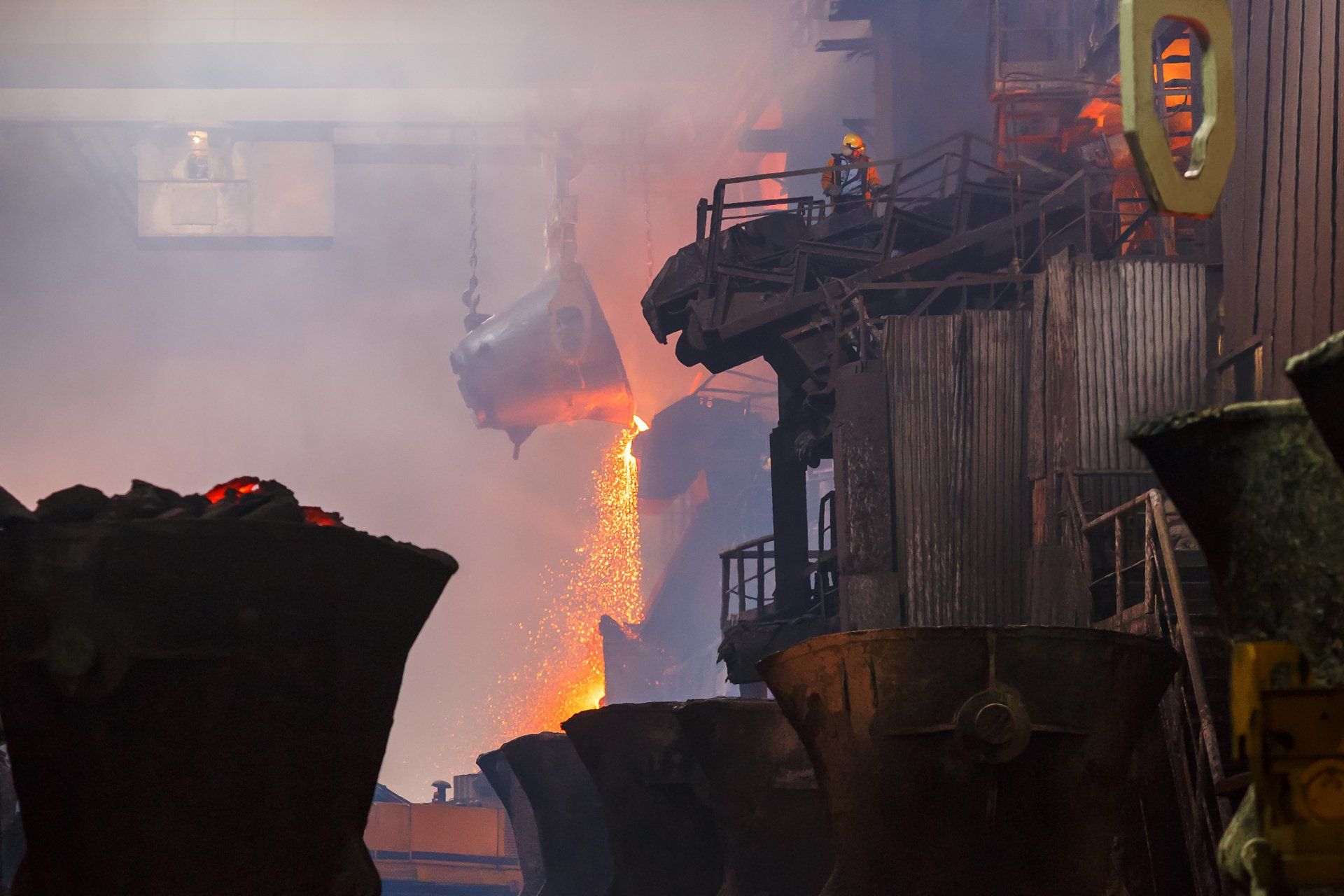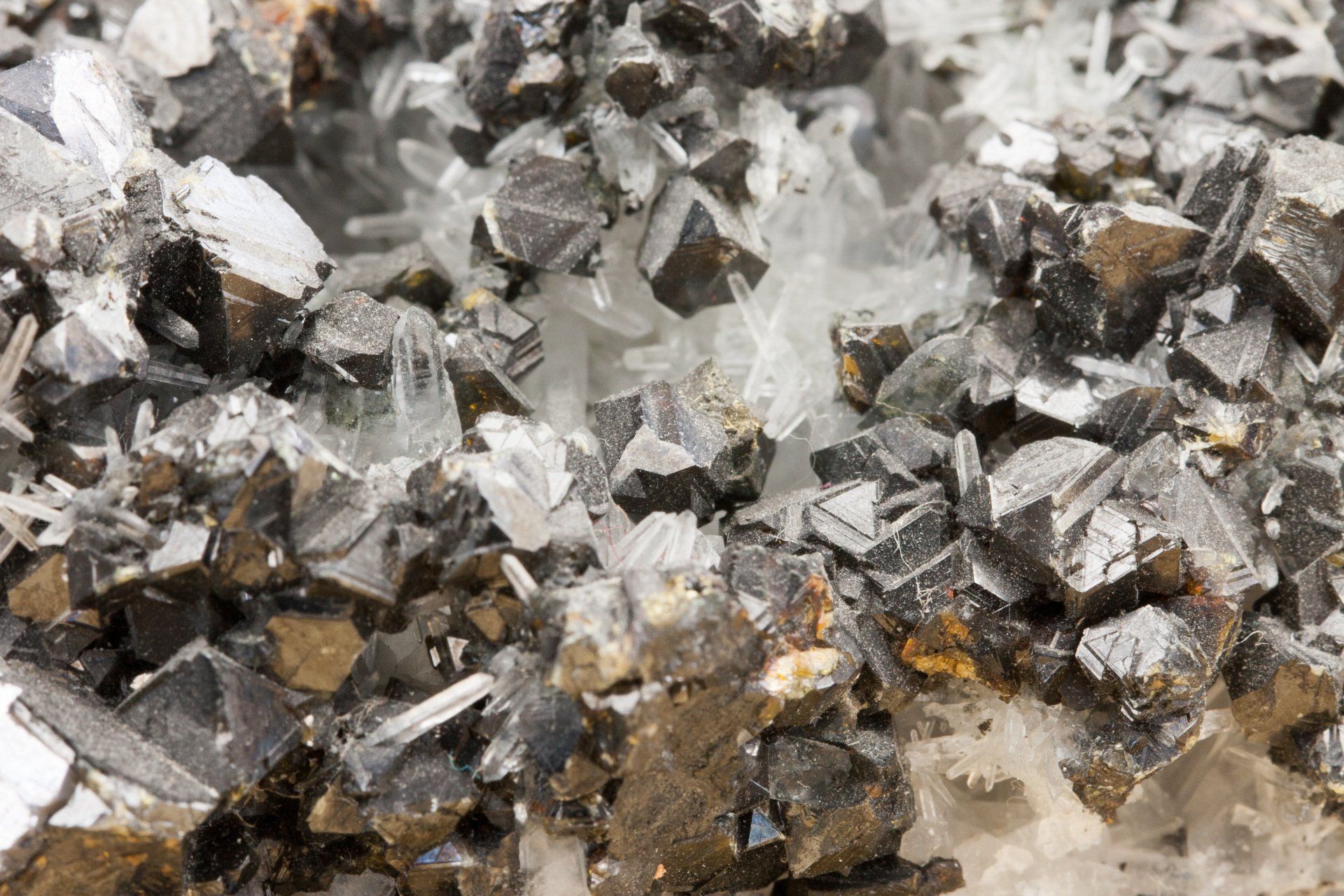7 Things to Know Before Shipping Pharmaceuticals Globally
Shipping pharmaceuticals and medical equipment are more common now than ever before, with the Covid-19 pandemic over the last 2 years. Whether you manufacture medicine, operate a medical storage facility, or a have mail-order pharmaceutical company, you are shipping medications and equipment that is life-saving and potentially more fragile than anything else being transported.
It's important to understand that shipping these kinds of goods requires more than just putting something in an envelope or a box and calling a typical shipping provider. You must use specific medical logistics shipping solutions to make sure your pharmaceuticals get to the right destination and are in good condition.
With this in mind, we've put together the key points associated with the successful shipping of pharmaceuticals across the world. Without further ado, here are seven things you should know before shipping pharmaceuticals globally.
Understand the Laws
Pharmaceuticals can be chemicals, prescriptions, machinery, or human organs and fluid. Much like products such as alcohol and perfumes, these items can be considered dangerous substances. Therefore, they are various different laws concerning such shipments that you need to know before you start shipping. So before determining how you can ship and what you need to do to protect your shipment, make sure you know the laws and your shipping process follows them at all times. Click HERE to learn more about the laws associated with pharmaceutical shipments.
Have the Correct Licensing
On the same lines as knowing the law, you must ensure the proper licensing is in place for shipping pharmaceutical goods to your chosen location(s). There are particular licensing requirements to participate in shipping pharmaceuticals. To learn more about the licensing you will need, click HERE.
Be in Control of the Temperature
These kinds of products can easily be damaged during shipment, especially if they are going from one climate to another. That is why many pharmaceutical products are stored in temperature-controlled environments. If they are held in too warm or too cold of a temperature, the product can be altered to the point they can cause harm instead of helping patients.
All of this is necessary to understand because shipping these products must be held at the same temperature needed for storage. Shipping can last a few days, and any extended period in a temperature that is not beneficial to the pharmaceutical product can alter the chemical makeup of the product - the exact opposite of what you want. NOTE: Pharmaceuticals that have an altered can lead to things like medical malpractice claims, death, and other legal charges that can have a negative impact on your company.
Use Thermal Pallet Covers
Now that you know pharmaceuticals should be shipped in temperature-controlled containers, how else can you protect the products you are transporting to another country? An additional form of protection used within shipping containers is the use of Thermal pallet covers. The goal is to protect the products from several issues such as:
- environmental elements (such as sunlight, rain, snow etc)
- movement and spilling in shipping
- temperature changes and humidity
Thermal pallets are an excellent way to add stability in a reasonably cost-effective manner, protecting the products and providing extra insurance.
Select the Right Shipping Container
During the shipment process, packages can shift. However, if the pharmaceutical products you're transporting shift, the chemical reactions of the products may be altered, or the equipment may break. Either way, it is a costly and dangerous error when anything happens to pharmaceutical products during shipment. Consequently, your packaging matters. Pharmaceuticals MUST be appropriately fitted into their containers.
Many products require unique packaging options, including individual compartments, ice, added light, extreme dark, and more. So, look into the requirements of the goods you're transporting before they go out.
Documentation is ALWAYS important
As with any business transaction, documentation is a critical part of the process. Having all the right documentation to hand helps to prove the shipment you put together went out unaltered, was packaged properly, and went through the proper protocols. If the package arrives in an altered state (for whatever reason), you may be able to avoid any legal action against you, or even file your own claim because you followed all of the required protocols and you have the proof. Some ways to document your shipment and process may include:
- Having papers or an electronic footprint of names and signatures of everyone that comes in contact with the shipment
- Taking photos of the shipment before packaging
- Taking photos of every stage of preparation for shipment
- Taking pictures of the temperature gages at several points throughout the process
- Taking photos of ALL drivers' or pilots' licensing who are involved in the transportation of the goods
- Taking photos of the final delivery
- Ask the recipient of the delivery to sign for the product and take photos of their ID
Make Sure You Are Insured
It is essential to protect yourself, your business, and your shipment. So like any other business, you must make sure you have the right insurance policies in place. Shipping pharmaceuticals has its risks, so make sure you protect yourself.
If you do everything correctly and follow everything recommended in this blog, you will show that you followed the industry standards to attempt to avoid any loss. As a result, you should be able to use insurance to help alleviate the financial damage that may occur during the shipment process. Think about it, you wouldn't ship electronics, expensive jewellery, or any other shipment worth a lot of money without buying insurance. So why would you risk transporting pharmaceuticals without insurance?
In Conclusion
When shipping pharmaceutical products, it is essential to know what you are doing, what the rules are and how you can protect yourself and your shipment from damage. Damage can come in many different forms and can be unpredictable sometimes. However, damage to pharmaceuticals can do more than harm the delivery. Extra caution is necessary to protect the products being transported and you as a business.
